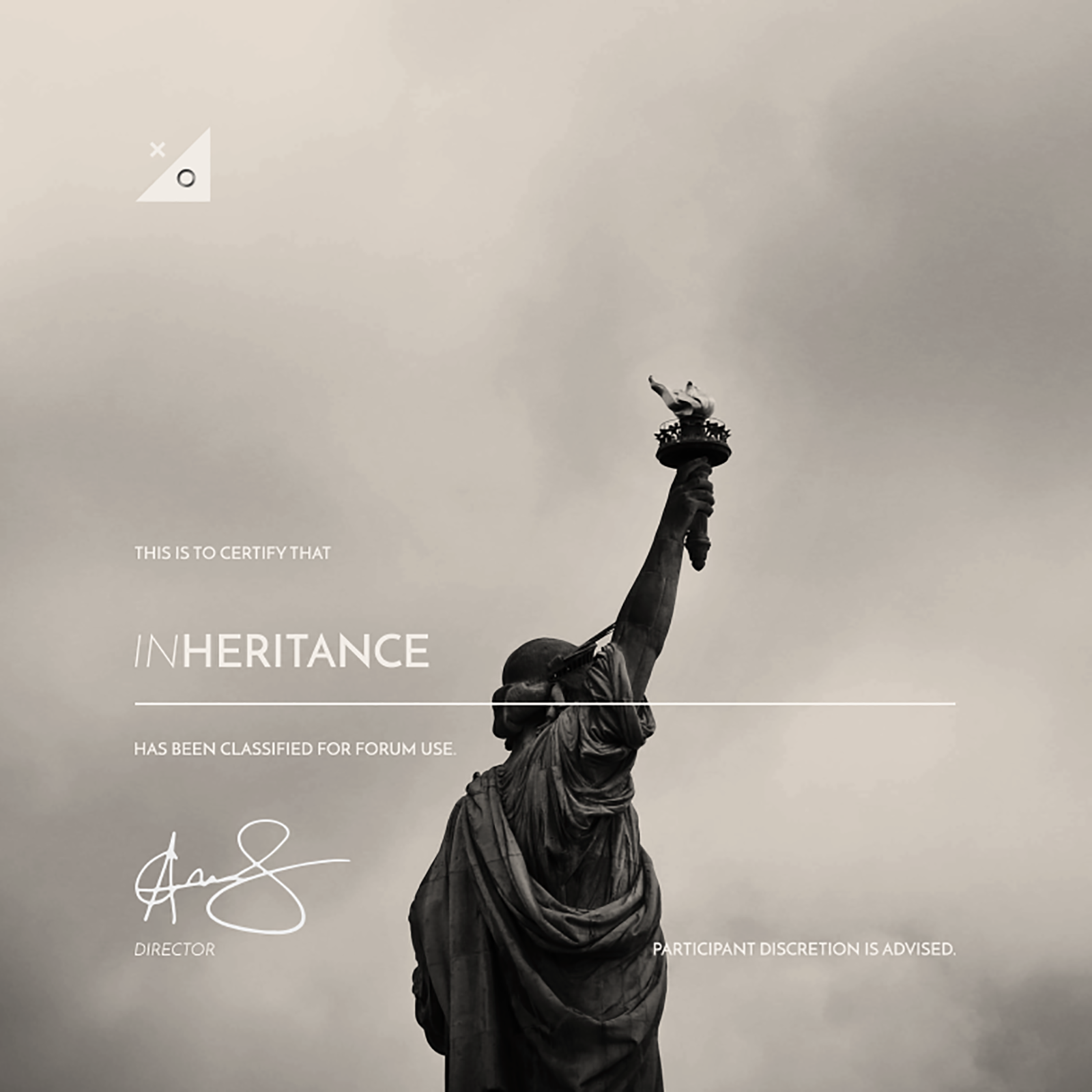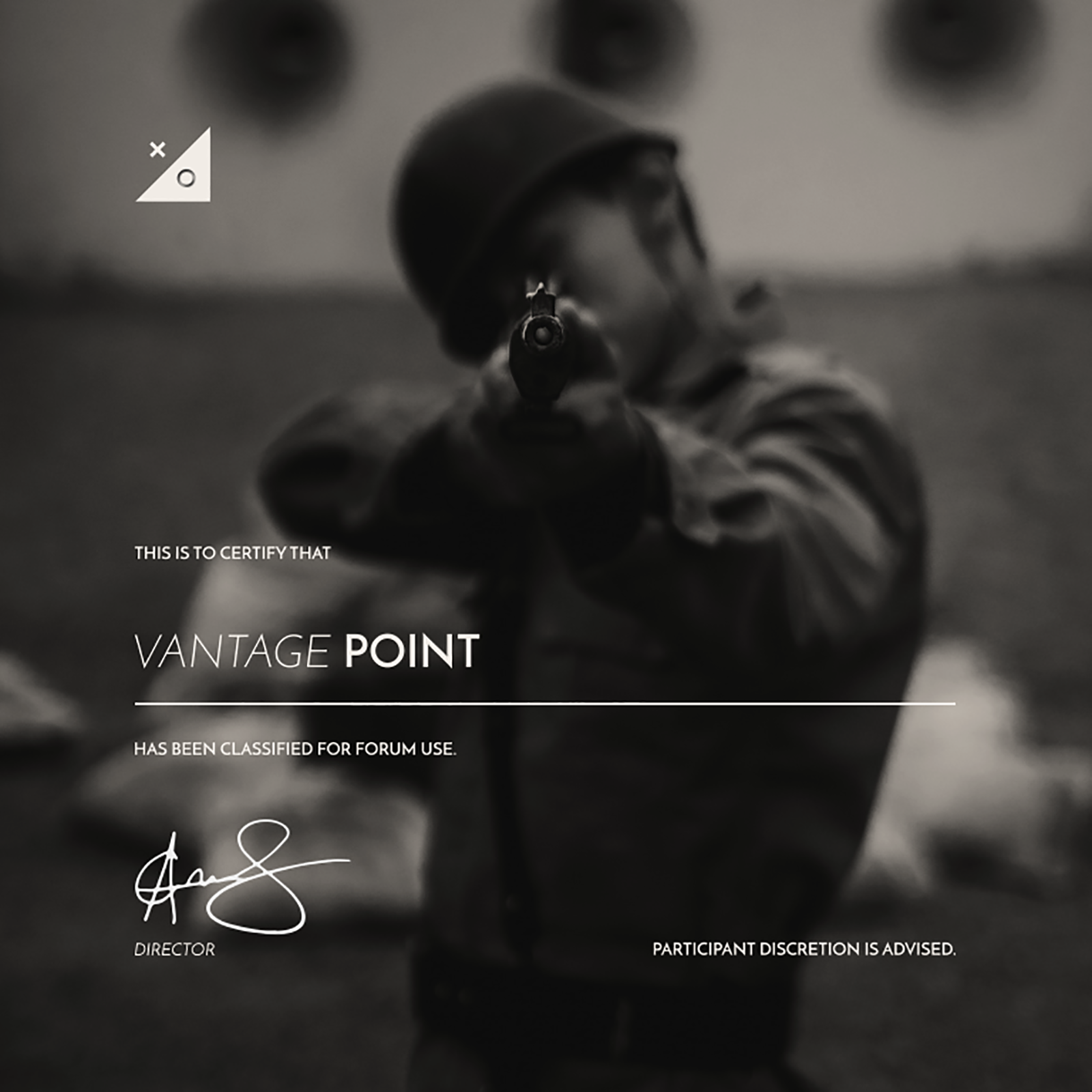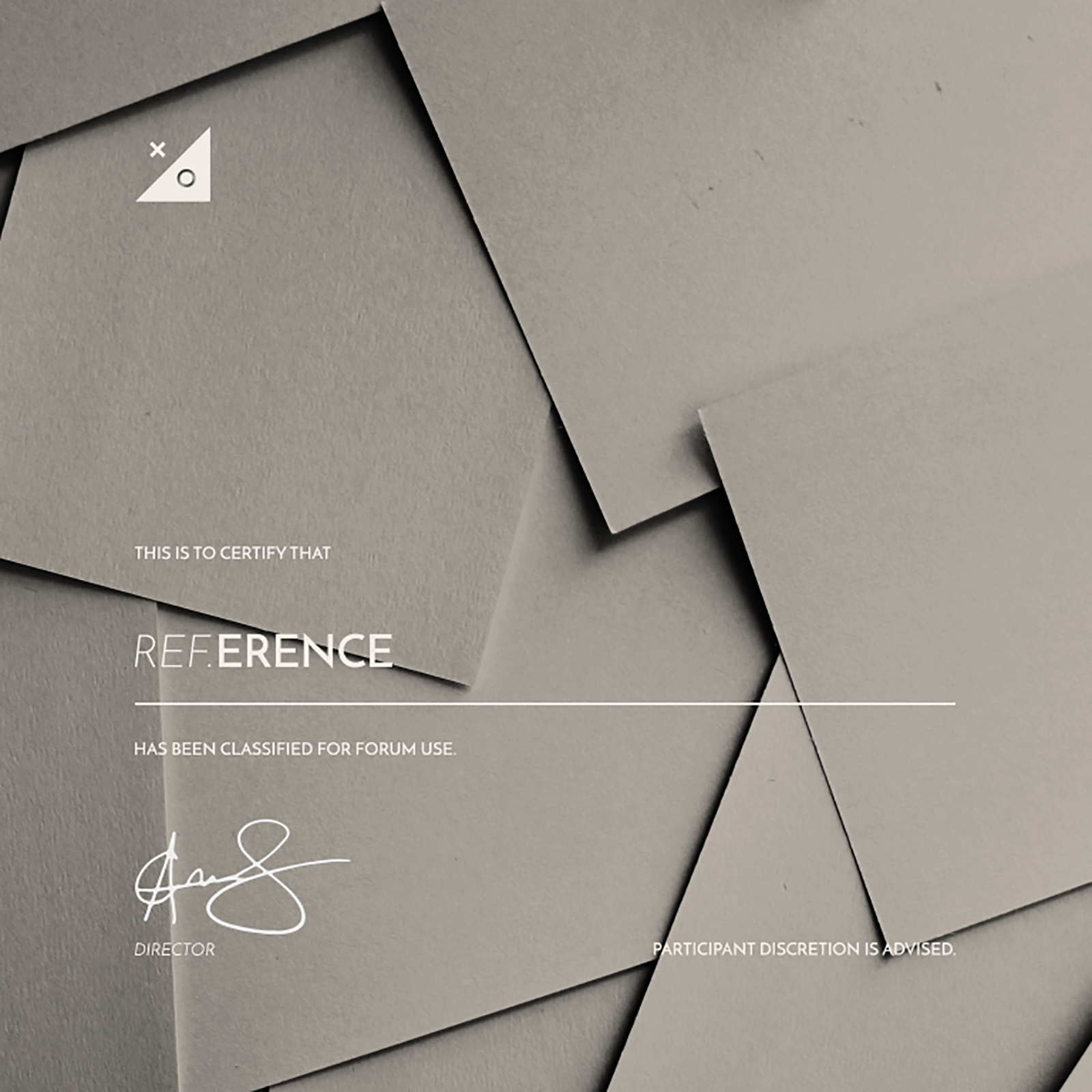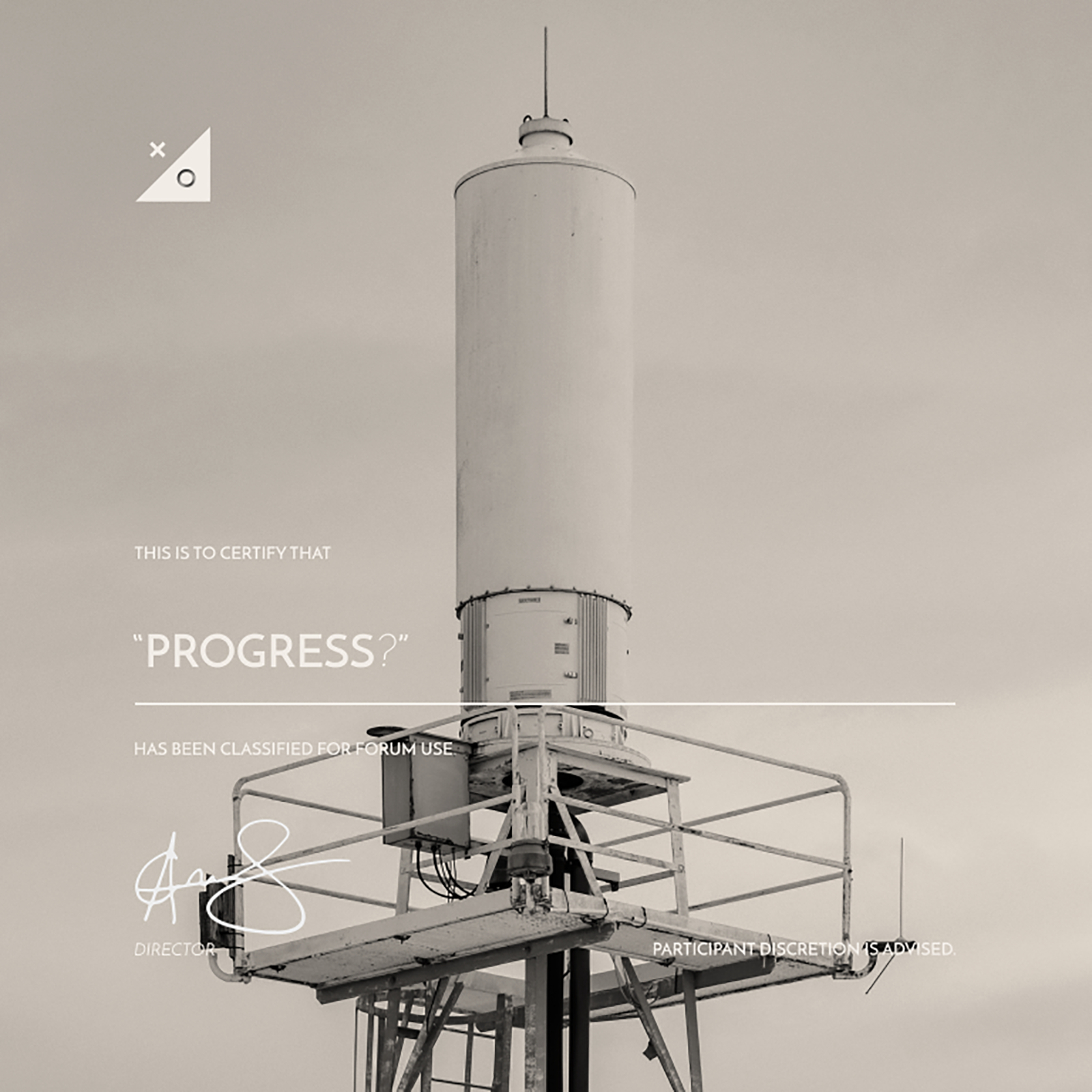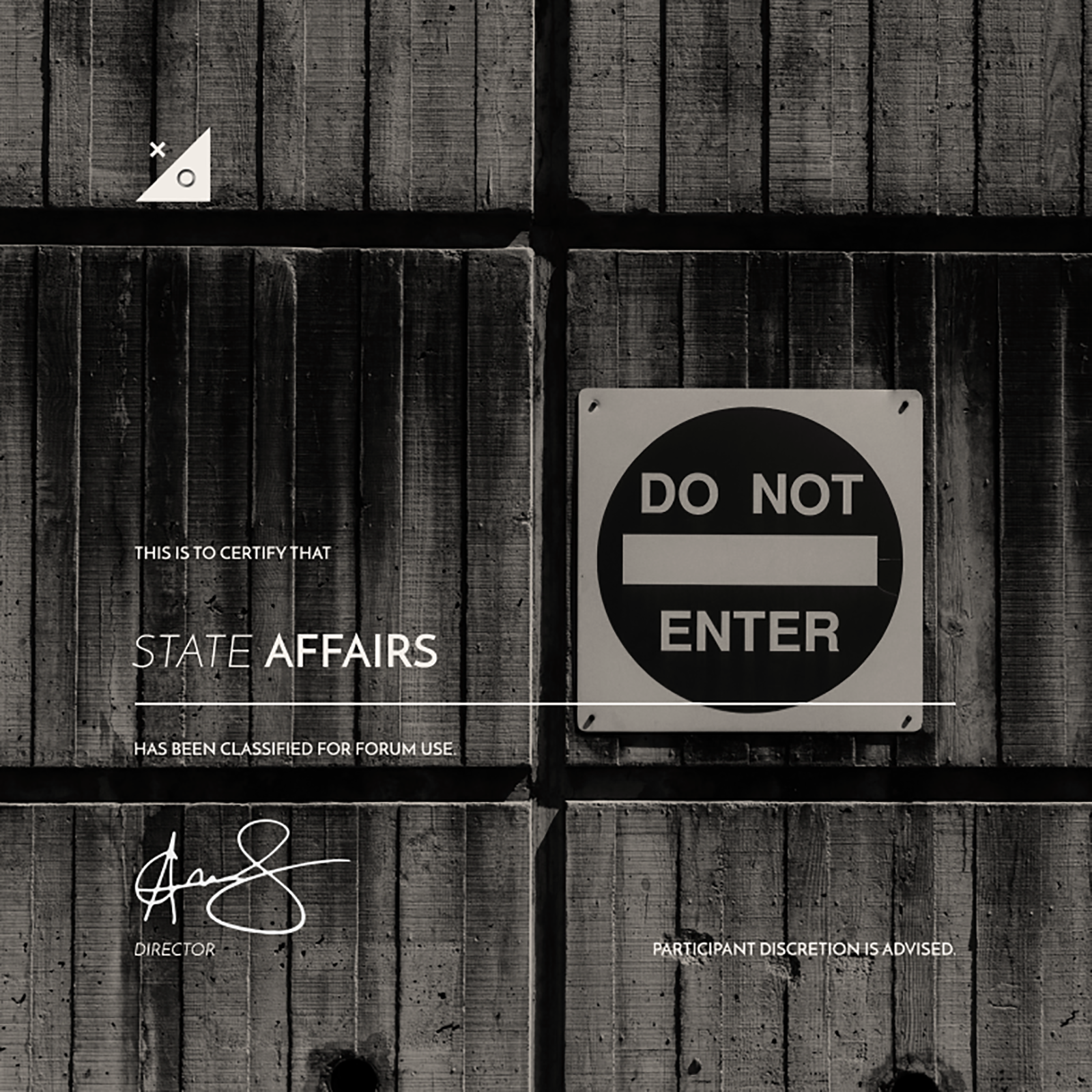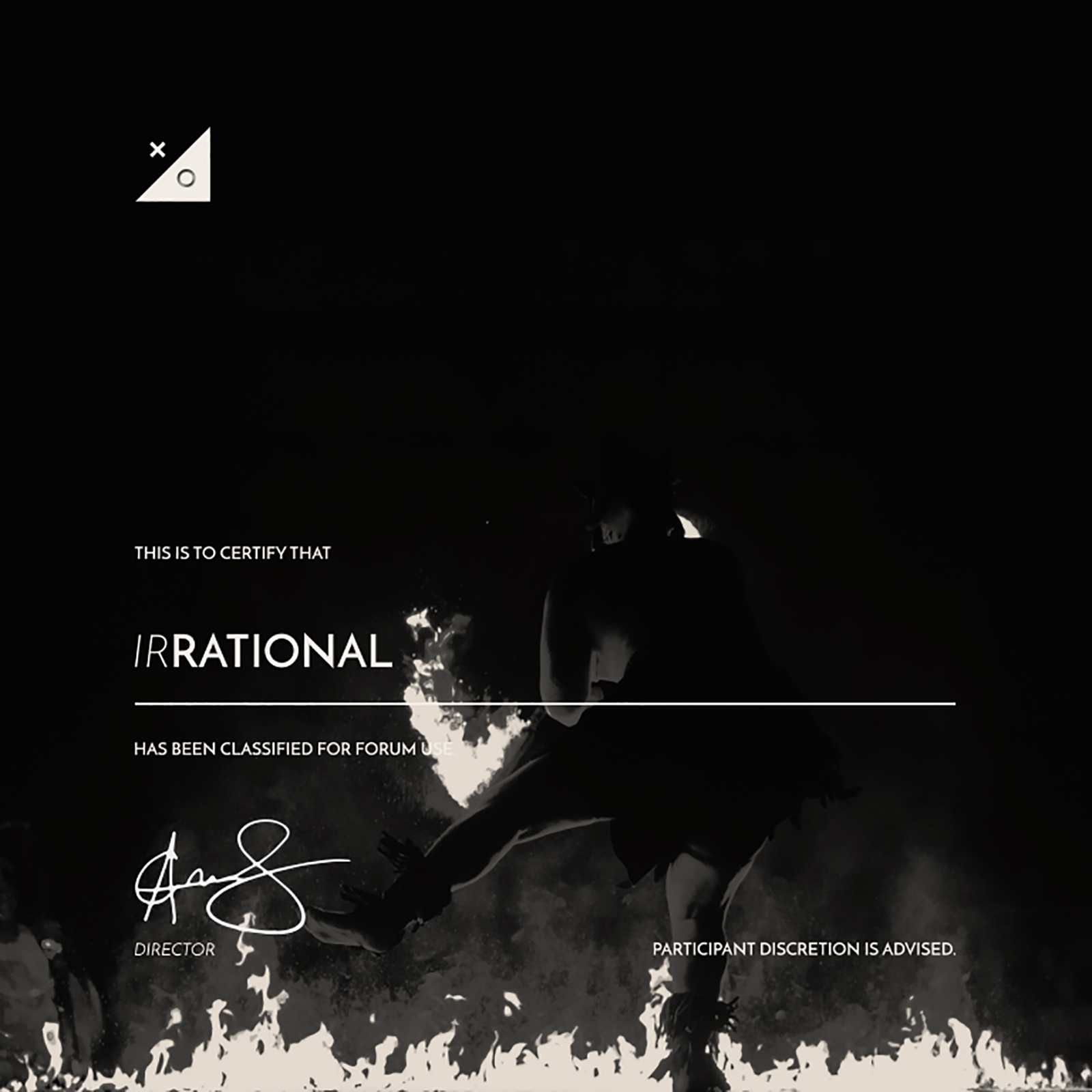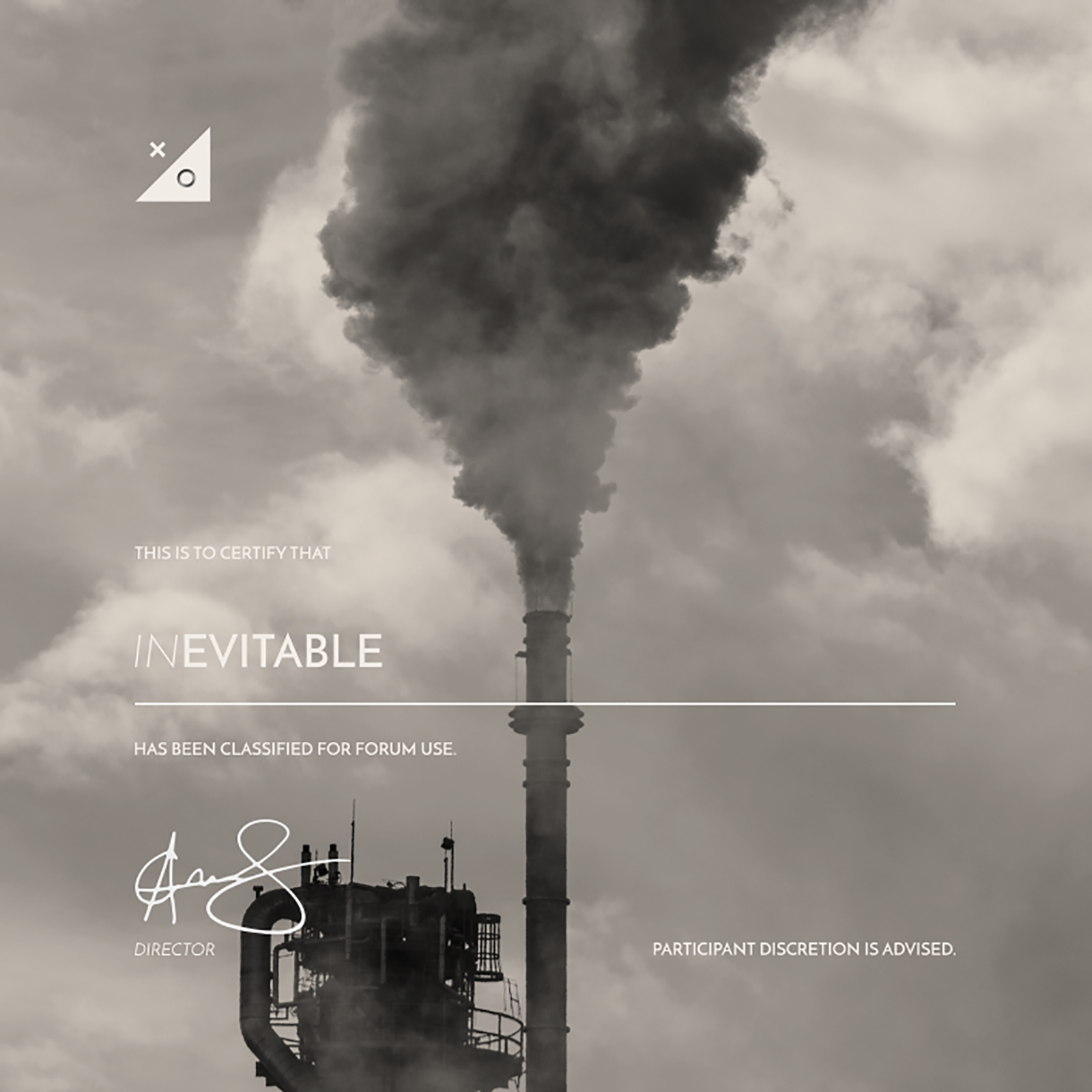
+ our programme, your experience.
[ scenarios ]
[ INDEX ]
+ what scenarios are available?
We've put together an overview of each scenario for programmers and managers. It includes a synopsis, themes, and possible approaches to help you choose the best experience for away days, recruitment tasks, and strategy testing.
You have the options between :
> 2x Approaches
> 12x Scenarios
> 24x Experiences
01 | citizenship ——> inheritance
+ SYNOPSIS :
Forgiveness and selective memory both come at a cost. How do you persuade a person, people, or nation to "let go" and/or "move on"?
-
> Valuation of Trauma (Adversary)
> Forming Forgiveness for Integration (Advocate) -
Immigration / Social & Cultural Integration / National Identity
“...whilst hypothetical, it is a very real, very valuable question being raised here.”
02 | religion ——> higher power
+ SYNOPSIS :
Cults, sects, and faiths provide structure. Similarly, state laws seek to provide boundaries of acceptable behaviour. Religions are recognised when Faith and State find common ground. When society evolves, do religions as well?
-
> Change of Masters (Adversary)
> Sacred Politics (Advocate) -
Social policing / Moral guidelines / Enforcement
“I would say that THE ADV_™ is too clever in what they have constructed… humankind are not ready to face themselves.”
03 | mass media ——> vantage point
+ SYNOPSIS :
Trust in public media has been in steady decline. Yet, in the digital age, mass media has gained new powers that traditional media did not have (to this extent). What responsibilities does this entail, and what are the dangers?"
-
> Hero >>> Villain (Adversary)
> Two Truths (Advocate) -
Representation / Influence / Reliability
“The first step towards transcending the damage... is to confront these questions.”
04 | history ——> ref.erence
+ SYNOPSIS :
Institutions secure the narratives, beliefs, and systems of a social group. But when their information is built on omissions, voids, and inaccuracies, what does that mean for their credibility and for society?
-
> Archaic Ideals (Adversary)
> Alt/Knowledge (Advocate) -
Cultural Ideals / National Legacies / Questionable Truths
“It’s a good way of learning about deeply important topics. Also learning about yourself and others.
”
05 | technology ——> progress?
+ SYNOPSIS :
Creativity is the duty of humanity, but at what cost? Innovation in the name of "improvement" and "progress" (whether; digital, mechanical, biological, or social), does not necessarily mean equal progress in society.
-
> Justifiable Losses (Adversary)
> Policing Innovation (Advocate) -
Ethics / Advancement / Prioritisation
“It’s scary to think that if you have the power with a few choice moves that this is actually possible… in fact it is possible and is happening as we speak!”
06 | geo-politics ——> state affairs
+ SYNOPSIS :
Nations are built and nurtured by the efforts and sacrifices of their citizens. The 21st century has seen and will see the rise of new superpower nation-states with the potential to disrupt the ranking of global influence. Are you willing to make personal sacrifices for your nation to gain power on the international stage?
-
> Undoing Nations (Adversary)
> National Allegiance (Advocate) -
Nationalism / Individual Aspirations / Duty
“...the understanding was there as permission to be evil, with all cynicism, brought out the powerful element of truth and knowledge.”
07 | identity ——> nex—gen
+ SYNOPSIS :
In the discussion about identity, sex, gender, sexuality, (dis)ability, and (sometimes) race are now considered spectrums rather than binary categories — demanding a change in social dynamics. Where do you stand in the argument?
-
> Disruptive Diversity (Adversary)
> Positions on the Spectrum (Advocate) -
Accountability / Competence / Privilege
“...the other side of the experience is greater self awareness.”
08 | governance ——> irrational
+ SYNOPSIS :
In an increasingly multicultural society, customs change as an effect of migration, adaptation, and restrictions linked to local laws. Simultaneously, access by outsiders is a source of conflict. Can a singular culture survive, change, and accommodate outsiders in a multicultural society?
-
> Re-evaluating Customs (Adversary)
> Cultural Copyright (Advocate) -
Customs & Practices / Cultural Copyright / Inclusion
“...think big and bold.”
09 | education ——> disclosure
+ SYNOPSIS :
There has been a growing distrust of how institutions; medical, educational and national security authorities seem to control access to information. This raises the question: what are the stakes and risks of full information transparency?
-
> Irresponsible Knowledge (Adversary)
> Health Politics (Advocate) -
Accountability / Competence / Privilege
“...definitely grand share your ideas!”
10 | ENVIRONMENT ——> INEVITABLE
+ SYNOPSIS :
The struggle for climate justice has changed: it’s not a matter of if or when climate change will turn catastrophic, but how to survive its consequences. Who represents those who are most impacted?
-
> Climate Justice (Adversary)
> Prejudicial Activism (Advocate) -
Visibility / Social value / Forms of preservation
“...a great exercise for the pandemic — giving you access to randomness and a social outlet.”
11 | WAR ——> UNJUSt
+ SYNOPSIS :
Some nations choose to go to war out of a sense of moral obligation, while other nations choose to stay "neutral". Most nations prioritise
self-preservation. The question is: How far are you willing to go to state your position?
-
> Moral Duty (Adversary)
> Defensive Politics (Advocate) -
Allyship / Moral Conflict / National Principles & Ideals
“It brought to the fore the silent and invisible ways that culture can, has and is still being used as a destabilising device.”
12 | ECONOMICS ——> ENTITLED
+ SYNOPSIS :
An economy is defined by its value, chosen currency, and method of controlling wealth – globally, these vary between communities and nations based on their society's principles. What shape will your economy take?
-
> Us & Them (Adversary)
> Justifiable Wealth (Advocate) -
Alternative Currencies / Value & Profit / Dependency
“I’ve not seen anything like this before. I like how it blends strategy game with a research experience.”

